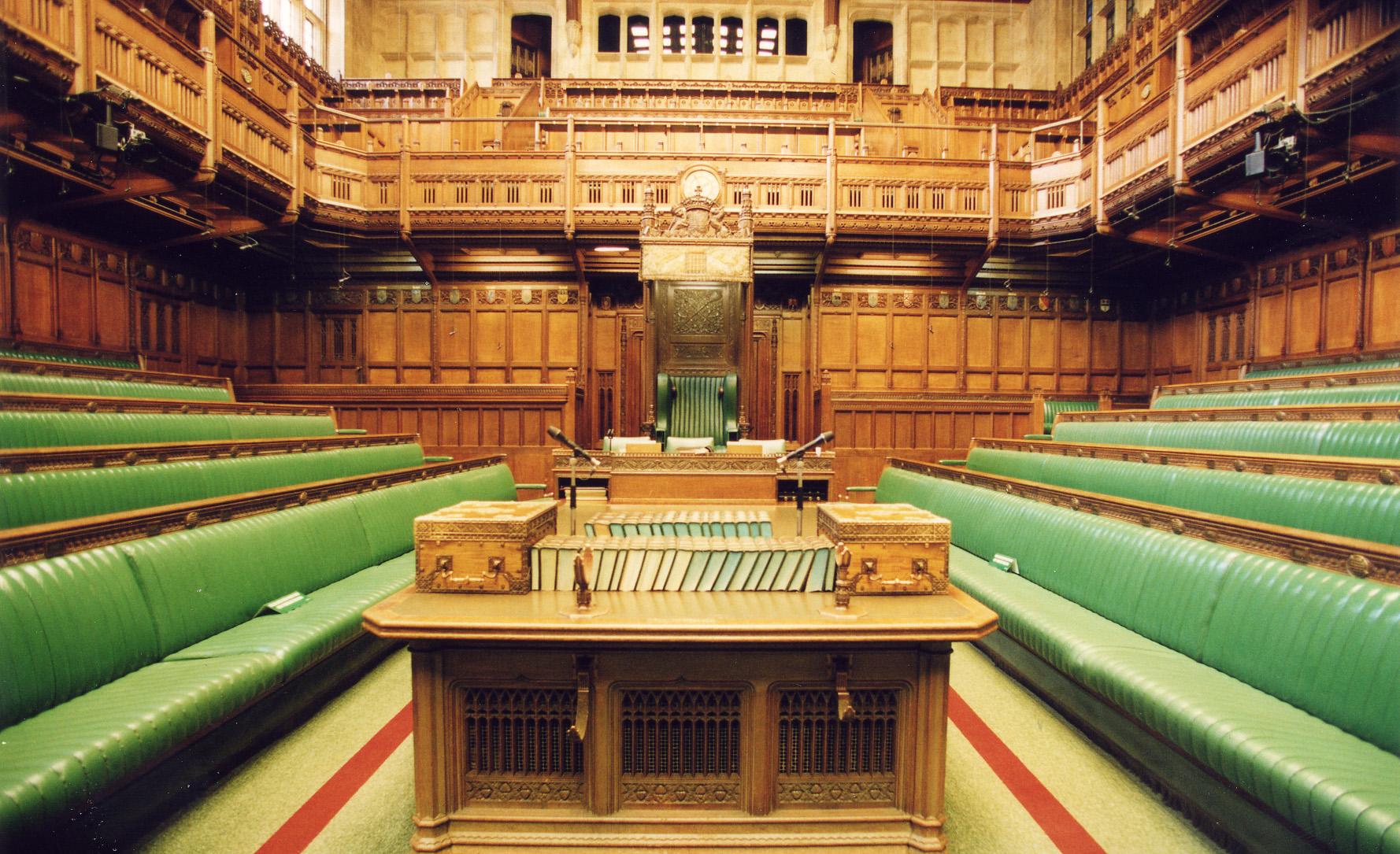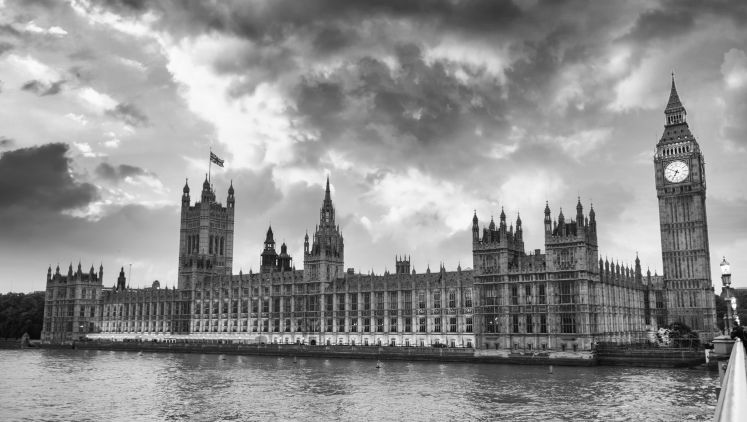A proposed law to curtail the right to strike would roll back fundamental workers’ rights. The case set out by the government supporting the measures, ostensibly to bring UK legislation in line with international norms, does not stand up to scrutiny. Ewan McGaughey argues that the Bill’s provisions amount to forced labour, and therefore it must fail.
The Sunak government’s Strikes (Minimum Service Levels) Bill passed its Second Reading in Parliament on Monday 16 January. The proposed legislation effectively allows Business Secretary Grant Shapps to write “minimum service regulations” of an unknown kind to force nurses, firefighters, teachers, rail or border staff to work. In 1997, Tony Blair said UK laws were already “the most restrictive on trade unions in the Western world”. The new law would let employers give a “work notice” that will “identify the persons required to work”. If workers fail to comply, they can be fired, even during a good faith trade dispute to prevent pay cuts, and the union can be sued into bankruptcy, for the first time since 1906.
Government arguments misrepresent laws across Europe
Earlier in January, Prime Minister Rishi Sunak told Parliament “the International Labour Organisation (ILO) supports minimum service levels… they’re present in France, in Italy, in Spain”. Grant Shapps added Germany to this list, and claimed the ILO “says that minimum service levels are a proportionate way of balancing the right to strike with the need to protect the wider public.” This is not true. In France, the so called “minimum service” laws simply require 48 hours’ notice for transport unions to strike (eg, Transport Code article L1324-7), or five days for health workers (Labour Code article L-2512-2). This is purely so that employers can find other staff to cover. In the UK, the law already requires two weeks’ notice, plus an extra week to tell the employer before a strike ballot, and the ballot must be by post – often taking four weeks. The French right to strike is individual. There is no sacking or suing. Collective agreements cover 98 per cent of French workers, who enjoy 10 per cent higher disposable incomes, and a shorter working week.
In Italy, minimum service levels are agreed in collective agreements with unions, based on Law No. 146 of 1990, which unions effectively drafted. There is no right of the government, let alone an employer, to force people to work or sack them, or sue the union. In Spain, the Constitutional Court tightly controls all limits on the right to strike, for strict safety or security reasons. In Germany, unions make collective agreements for minimum services, and only when an agreement cannot be reached may a court step in; it is not a government minister, let alone an employer who has the power to decide. Germany has no requirement for arcane postal ballots before strikes, it enables workers to take solidarity action, and it protects the right of workers to elect company directors, like most rich countries.
Finally, the ILO does not “support” minimum service levels. It has never said a plan like the Shapps Bill is a “proportionate” balance. It requires that for any minimum service levels at all, unions “must be able to participate” in setting them. Only if that is not possible it should be settled by “an independent body having the confidence of the parties”, not a minister or employer (ILO 2018, §§882-3).
Rolling back hard-won rights
Sunak and Shapps have misled Parliament. The proposed Bill gives all power to ministers like Shapps to write the rules. It lets employers give a “work order”. If people do not comply they will be fired, or the union can be sued into bankruptcy. This is forced labour. It is a gross violation of international law. It must fail.
The Shapps Bill is really a “Pay Cut and Forced Labour Bill”. It is not the law of a free country.
The right to fair pay and collective action are inalienable rights, enshrined in the Universal Declaration that followed the Second World War, and the International Bill of Rights of 1966. These rights exist because workers, faced with authoritarian employers and governments, could always do one thing: they could just say “No. If they don’t pay, we won’t work.” Strikes brought down the Kaiser. Strikes forced the Empire to quit India. Strikes opened the Iron Curtain. Strikes finished Apartheid in South Africa. The right to strike is the vanguard of democracy and freedom, and whether they have the self-awareness or not, Sunak and Shapps are treading blindly down the road to tyranny, like Viktor Orbán’s Hungary, or Vladimir Putin’s Russia. “It is absolutely essential that all authority in the factories should be concentrated in the hands of the management”, wrote Lenin in 1922. “The trade unions must collaborate closely and constantly with the government.” The Shapps Bill is really a “Pay Cut and Forced Labour Bill”. It is not the law of a free country.
There is an alternative
But what should the government do to stop the strikes? First, it should not cut public workers’ pay: an inflation protected pay rise would cost just £10bn, after tax and National Insurance receipts, on the government’s own figures. This money can come from taxing Shell, BP and big fossil fuel polluters whose excess profits have inflated bills and prices. Second, it should rebuild fair pay scales through sector-wide, good faith collective bargaining, and the right of workers to elect at least a third to half of directors on their enterprise board. Third, it should repeal the anti-strike laws, and enshrine a positive right to take collective action, including in solidarity, against reckless management shut downs.
Britain needs a more cooperative, enterprising culture in management. Good employers do not want to be undermined and undercut by ministers or bosses who force others to bear the costs of their mistakes, or stuff other people’s money into their pockets. Employers owe their power to the work that people give, and that power can only be justified by democracy in our economy, and mutual respect.
All articles posted on this blog give the views of the author(s), and not the position of LSE British Politics and Policy, nor of the London School of Economics and Political Science.
Image credit: Photo by Garry Knight, Attribution 2.0 Generic (CC BY 2.0)






